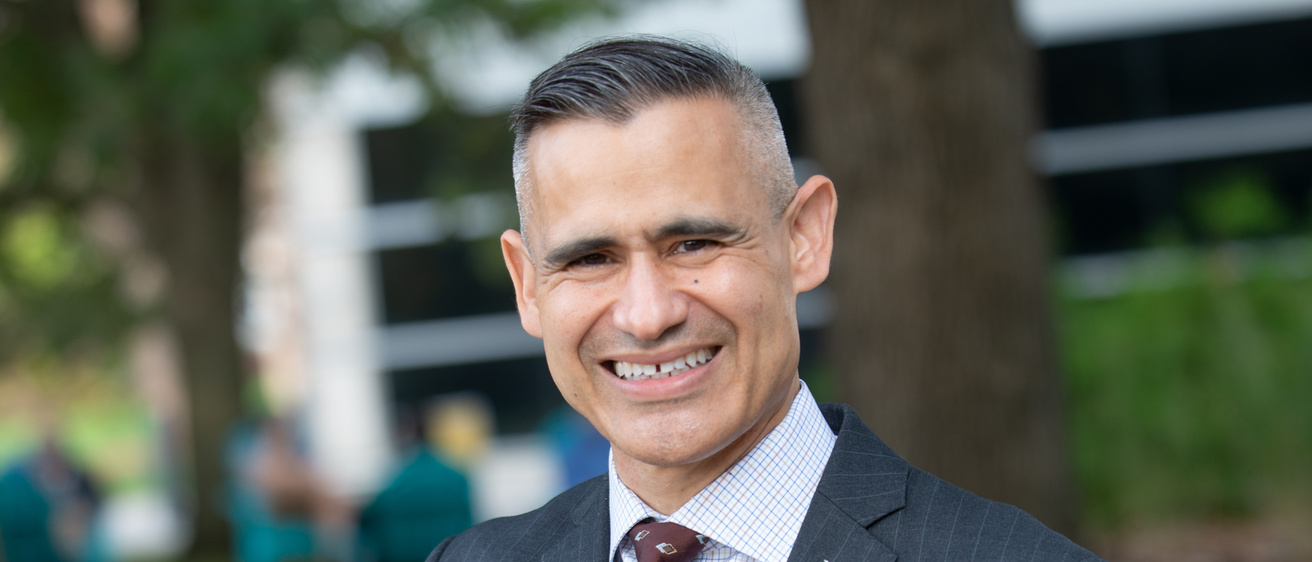Cesár F. Rosado Marzán, the Edward L. Carmody Professor of Law and Director of Graduate Programs & Visiting Scholars at Iowa Law, focuses on research about U.S., comparative, and international labor law with an emphasis on institutions and organizations. He is the award-winning author of “Principled Labor Law: U.S. Labor Law from the Latin American Method” (with Sergio Gamonal C.) and has published articles in reputable law reviews and journals worldwide.
Professor Rosado Marzán is also an active member of organizations such as the Law and Society Association, the Labor Law Group, and the Labor Law Research Network.
We caught up with him this summer to learn more about his work.
Can you tell us about a research project you are working on this summer?
I am writing a book manuscript on how worker centers -- small, under-resourced community groups -- have persuaded ~ 100 local and state governments to legislate for new labor rights across the United States. You can find more information and pictures related to this project here: https://www.cfrosado.com/current-projects.
How does the research strengthen the area of law you are in?
My research helps inform labor and employment law scholars and practitioners about where the field is innovating, who is responsible for that innovation, and how these innovators are getting things done. This research is important because most of the action in labor and employment law happens these days at the state and local levels, not at the federal level. Moreover, labor unions are no longer the main actors advocating for many kinds of workers, especially the low wage.
Community groups called "worker centers" – typically with almost no members, thin staffs, and small budgets – have been leading the charge for new laws. Because it is hard to keep track of what happens at the state and local level, who is leading many of these initiatives, and how worker centers are able to get governments to act, my research has empirical and theoretical (explanatory) value.
Also, and without losing sight of the need to reform federal labor and employment law, my research can help lawyers and legal reformers understand how to legally support the work of worker centers.
What emerging trends are you seeing in this area of legal research? Any high-profile cases currently looking at this issue?
Emerging trends include an expansion of local and state laws that extend traditional labor rights to groups formerly excluded from labor rights, such as domestic workers and independent contractors. New employment rights such as those that provide workers with fair scheduling and paid sick days are also being legislated in this manner.
But other trends go in the opposite direction. Some states, like Iowa, are relaxing child labor protection laws that have been on the books for 80 years or so. They are also clamping down on cities that are trying to increase minimum wages and expand workers' rights through home rule authority.
The US Supreme Court continues to chip away at whatever is left of the National Labor Relations Act, with the latest case, Glacier Northwest, holding in a manner that seems to broaden tort remedies against unions that lead strikes. The same case constricts the authority of the administrative state which has been paramount for New Deal-era law and policy, especially pertaining to the rights of workers and other economically subordinated groups.
My research helps to inform the contradictory and fraught area of labor and employment law, where some legislatures and courts expand workers’ rights, while some do the opposite.
